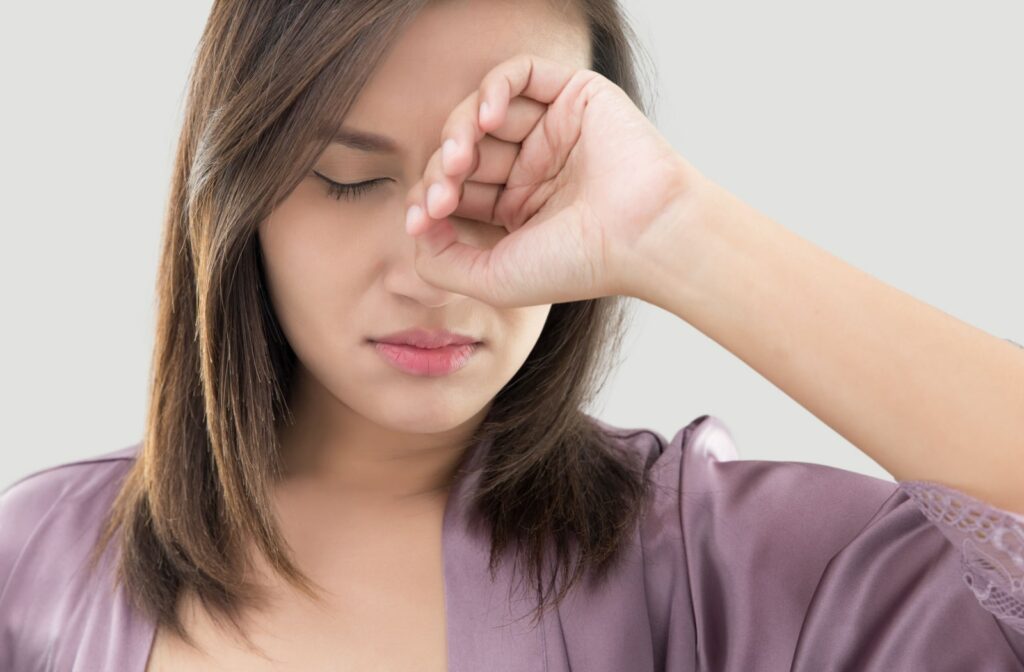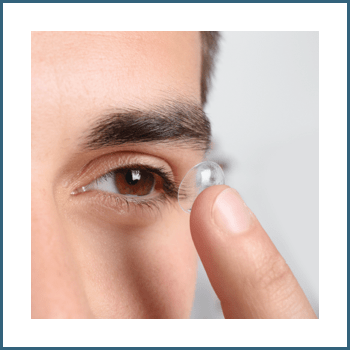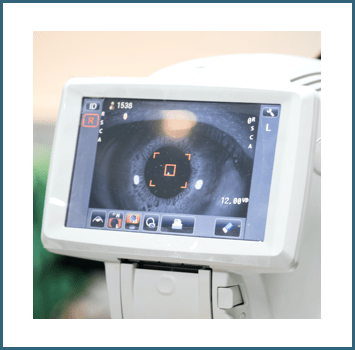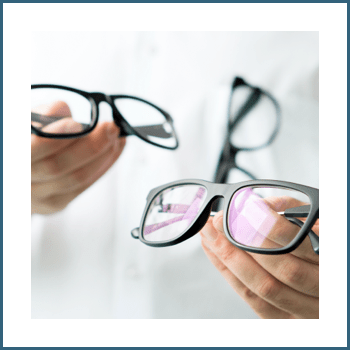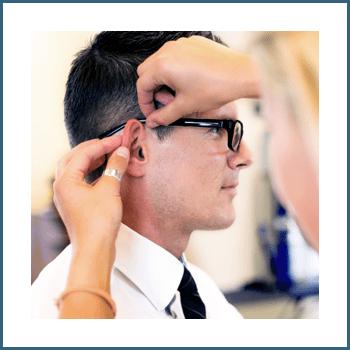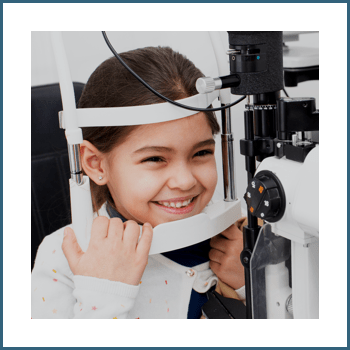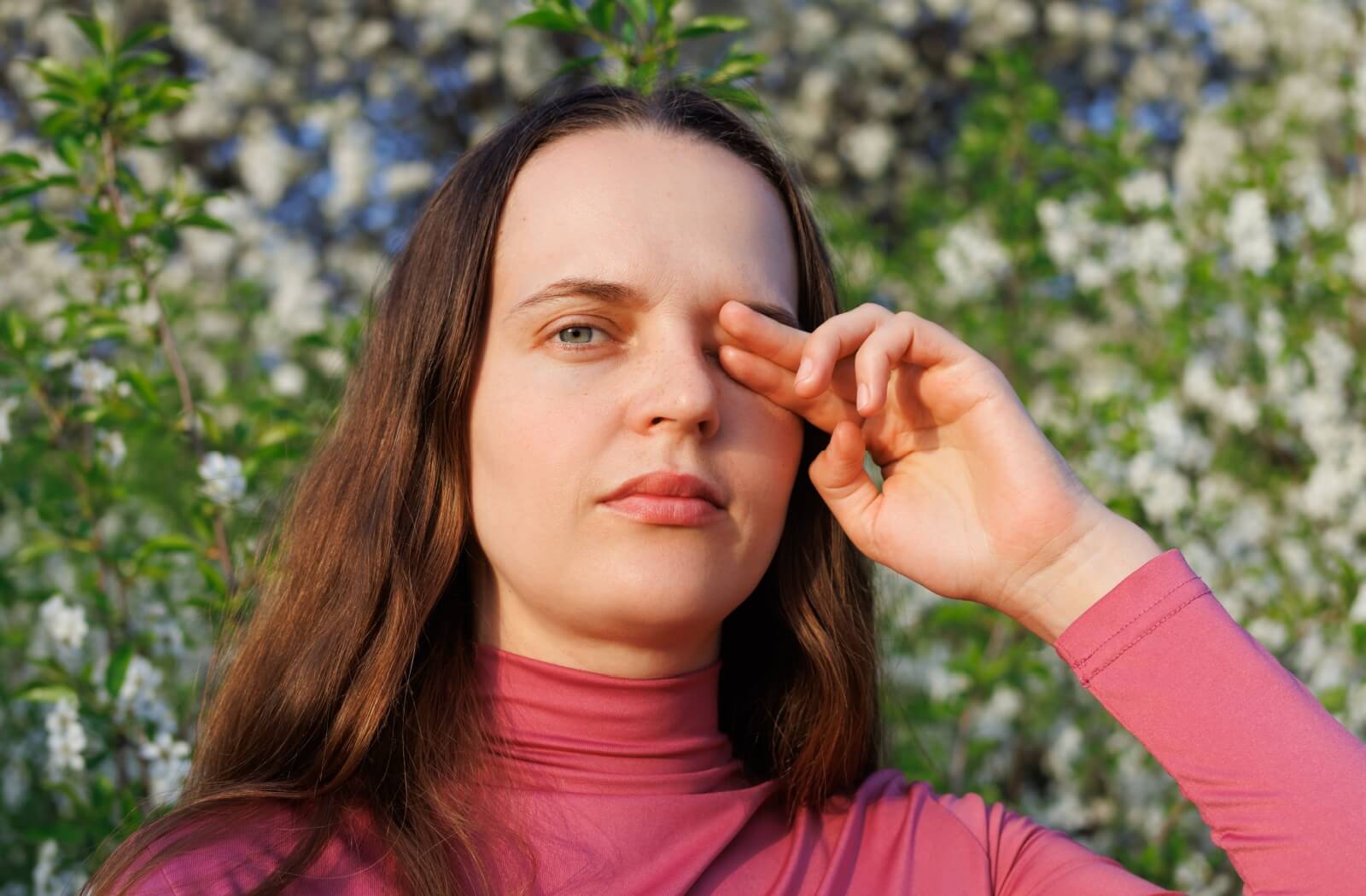Mornings are tough enough already. You need to get up and go, but when you wake up with irritated, scratchy eyes, even the morning people may find themselves wanting to hit the snooze button.
If you keep waking up with dry eyes, several underlying causes could exist. From sleeping habits to dry air, allergies, and eye strain, identifying the root cause of the problem is the first step to finding relief.
What Is Dry Eye?
Dry eyes occur when the quantity and quality of your tears are not adequate enough to lubricate your eyes. Every time you blink, you spread a tear film across your eyes. This tear film is important for keeping your eyes healthy by nourishing your cornea, the clear front dome of the eye.
Dry eyes generally occur in 2 ways:
- Evaporative dry eye: This is the most common type of dry eye and occurs when the eyes’ tear film isn’t stable, leading to tears rapidly evaporating. It’s caused by a lack of oil in the tear film produced by the meibomian glands in the eyelids.
- Aqueous deficient dry eye: This type of dry eye is caused by a lack of tear production, which can be caused by factors such as aging, hormonal changes, and certain medications.
Anyone can experience dry eyes, but some factors can increase your risk of developing this irritating condition, such as:
- Age
- Sex
- Medical conditions such as Sjogren’s syndrome, rheumatoid arthritis, and lupus
- Medications, such as antihistamines, blood pressure medications, and antidepressants
- Eye allergies
- Windy, smoky, dry environments
- Excessive screen use
- Overwearing contact lenses
Dry Eye Symptoms
For some, dry eyes mean occasionally rubbing your eyes on a windy day. For others, it’s a daily pain that could eventually lead to long-term damage. So, dry eye symptoms can vary from person to person, but you can still spot the similarities and know when it’s time to seek help.
Some of the most common symptoms include:
- A burning or stinging sensation in the eyes
- Redness and irritation
- Sensitivity to light
- Blurred vision
- Difficulty wearing contact lenses
- Watery eyes (ironically)
What Causes Dry Eyes in the Morning?
You hopefully now understand why your eyes feel dry during the day, but what makes them so much worse in the morning? Surely, after getting a good rest, your eyes should be ready to go. Unfortunately, there isn’t a single, easy answer for this. We wish there were, but by exploring your symptoms and environment, we can uncover what’s causing your dry eyes.
While many of the factors we mentioned can cause dry eyes throughout the day, you may have multiple reasons why your eyes are drier at night and when you wake up. Your optometrist can examine your eyes, evaluate your symptoms and help you figure out the root cause. Once we know that, we can start working toward relief!
Sleeping with Your Eyes Open
Believe it or not, some people naturally sleep with partially open eyes. No, they’re not being paranoid; sometimes, your eyes simply don’t close as much as they should at night. This could be due to a medical condition like Bell’s palsy or an infection that’s weakened your eyelid muscles.
Since you’re not keeping your tear film refreshed, this opening could cause the exposed part of the eye to dry out, leading to discomfort and irritation when you wake up. If your optometrist suspects this could be the cause of your dry eyes, they may recommend a sleep mask to protect your cornea.
Dry Air
Keeping your bedroom at a comfortable temperature is crucial for a good night’s sleep and helps moisturize your eyes. Air conditioning or heating can suck the moisture out of the air in your room, leaving your eyes to face the repercussions.
Try using a humidifier to add moisture to the air and keep your eyes comfortable.
Allergies
If you have allergies, your eyes may become inflamed, itchy, and, of course, dry. Our soft bedding can be a haven for dust mites, pollen, animal fur, and other allergens. Then, as you go to bed, you may be lying in an invisible pile of irritants waiting to cause an allergic reaction and dry your eyes out.
Contact Lenses
For all their benefits, contact lenses can contribute to your dry eye problem by absorbing moisture from the tear film and preventing oxygen from getting to the eye. If your contact lenses are causing trouble, talk to your optometrist for alternatives that won’t leave your eyes high and dry.
Dehydration
Drinking enough water is essential for overall health, including eye health. Your eyes may become dry and irritated if you’re not getting enough fluids. Try drinking more water throughout the day, especially in the evening before bed, to help keep your eyes hydrated.

How is Dry Eye Treated?
The treatment for dry eye will depend on the underlying cause and the severity of your symptoms. It’s not a one-size-fits-all solution, so don’t think your aunt’s “preferred cure” will suddenly work for you too.
Some of the most common treatments include:
- Artificial tears: Over-the-counter eye drops can help to lubricate the eyes.
- Prescription eye drops: If artificial tears aren’t working, your doctor may prescribe medication that can reduce inflammation and increase tear production.
- Punctal plugs: Punctal plugs are small devices placed in the tear ducts to prevent tears from draining away too quickly.
- Warm compress: A warm compress can melt away blockages, causing meibomian gland dysfunction, and promote natural tear production.
- Lifestyle changes: At-home care includes taking breaks from staring at a screen or improving your diet to include more omega-3 fatty acids.
Dry Eye Relief to Get On with Your Day
The morning sets the tone for the rest of your day, and waking up with dry eyes can be a real sour note. Instead, Westmount Optometrists can help you wake up refreshed! We can craft a personalized treatment plan based on your unique symptoms, not a cookie-cutter solution.
Book your appointment and take back your mornings!


